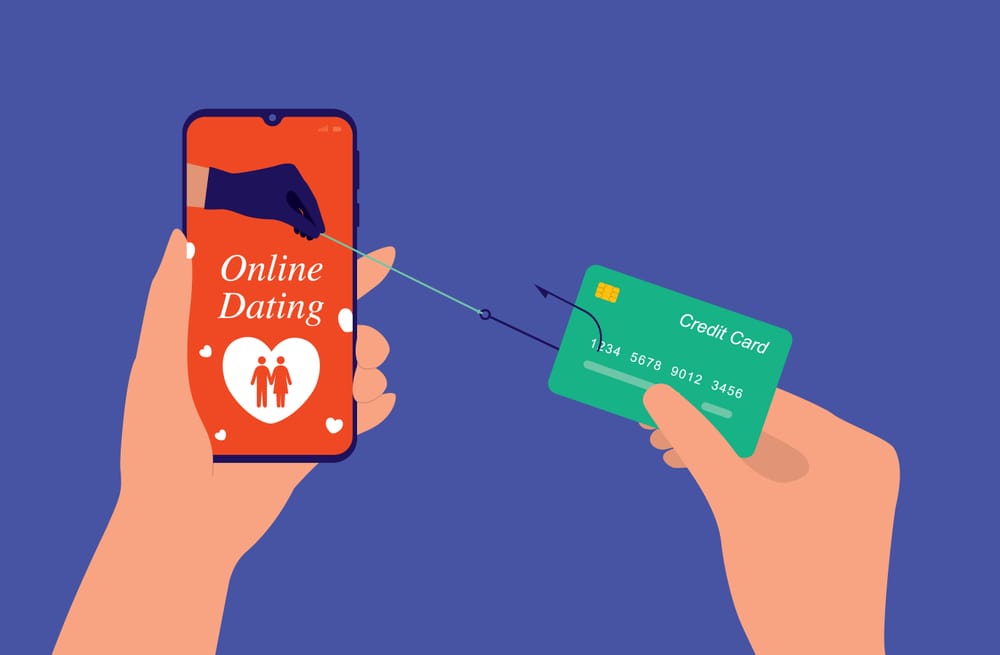
TikTok and Roblox have recently rolled out new features designed to support children’s digital wellbeing. These updates aim to give parents more control over screen time, content access, and online interactions—while encouraging healthier habits for kids. Here’s what’s changed and how these new tools can help you guide and protect your child’s online experience.








